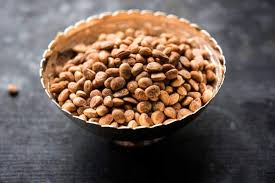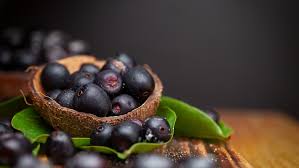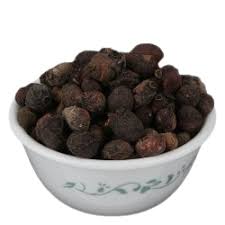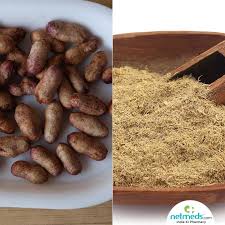
Is Bapchi Seed FDA Approved? Safety & Legal Guidelines
Bapchi seed (Psoralea corylifolia), also known as Bakuchi or Babchi, is widely used in Ayurveda, Traditional Chinese Medicine (TCM), and Unani medicine for treating skin conditions like vitiligo, psoriasis, and eczema. With its rising global demand, especially in the USA and Europe, questions arise regarding FDA approval, safety standards, and legal regulations.
In this article, we will discuss whether Bapchi seeds are FDA-approved, their legal status, safety concerns, and guidelines for importing/exporting them.
Long Description
1. What is Bapchi (Bakuchi) Seed?
- Botanical Name: Psoralea corylifolia
- Uses: Skin treatments, anti-inflammatory, antifungal, and immune-boosting properties
- Forms Available: Whole seeds, powder, oil extract, and supplements
- Market Demand: High in India, China, USA, and Europe for skincare and Ayurvedic formulations
2. Is Bapchi Seed FDA Approved?
🔹 No, Bapchi seed is not FDA-approved as a medicine.
🔹 The U.S. Food and Drug Administration (FDA) regulates herbal products as dietary supplements, not drugs.
🔹 Bapchi seed-based products must comply with FDA’s Dietary Supplement Health and Education Act (DSHEA).
🔹 If used in cosmetics, it must meet FDA’s safety and labeling requirements.
3. Legal Guidelines for Selling Bapchi Seed in the USA & Other Countries
✅ 1. USA (FDA Regulations)
- Can be sold as a dietary supplement but not as a drug.
- Must follow Good Manufacturing Practices (GMP).
- Labeling must not claim to cure, prevent, or treat diseases.
- Importers should check the FDA’s GRAS (Generally Recognized as Safe) list.
✅ 2. European Union (EU) Regulations
- Must comply with European Food Safety Authority (EFSA) guidelines.
- Needs quality certification (ISO, GMP, Organic Certification).
- EU countries require proper documentation for herbal imports.
✅ 3. India (AYUSH & FSSAI Regulations)
- Approved under AYUSH Ministry for Ayurvedic use.
- FSSAI certification is required for food-grade products.
- Exporters must meet APEDA export standards.
✅ 4. Canada & Australia
- Canada regulates Bapchi seed supplements under the Natural Health Products (NHP) regulations.
- Australia follows TGA (Therapeutic Goods Administration) rules for herbal medicines.
4. Safety & Health Guidelines for Bapchi Seed Use
✅ Potential Benefits:
✔ Treats vitiligo & skin pigmentation issues
✔ Has antifungal & antibacterial properties
✔ Supports hair growth & scalp health
⚠️ Side Effects & Precautions:
❌ Can cause skin irritation or rashes if applied undiluted.
❌ Not recommended during pregnancy or breastfeeding.
❌ May interact with certain medications – consult a doctor before use.
5. How to Ensure You Buy Safe & Legal Bapchi Seed Products
✔ Check for Third-Party Testing & Certifications
✔ Avoid unregulated, low-quality sellers
✔ Ensure the product has proper labeling & ingredient transparency
✔ Buy from trusted suppliers like Dirghaanshi for pure & certified Bapchi seed products
Conclusion
Although Bapchi seed is not FDA-approved as a drug, it can be sold as a supplement or herbal product if it meets regulatory standards. Following legal guidelines, ensuring safety checks, and purchasing from certified sellers will help avoid issues related to compliance, quality, and health risks.
At Dirghaanshi, we provide high-quality, lab-tested Bapchi seeds that meet AYUSH, FSSAI, and international standards.













